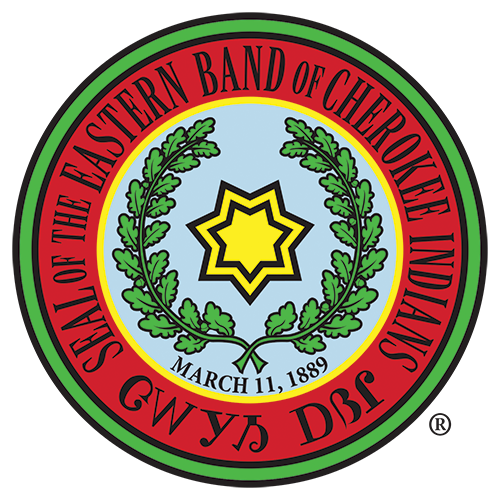
Realty Services Office
The authority of possessory rights of Tribal trust land
 The Tribal Realty Services Office was created by administrative action of the executive branch and Tribal Council to perform functions that are no longer performed by the BIA Realty Office.
The Tribal Realty Services Office was created by administrative action of the executive branch and Tribal Council to perform functions that are no longer performed by the BIA Realty Office.
Those functions include, but are not limited to, all research into, and all transactions involving, possessory holdings in Tribal trust land. These transactions include: the inheritance of possessory holdings from an estate of a deceased Tribal member; purchases, gifts, and transfers generally of possessory holdings between Tribal members; rights-of-way easements; and disputes.
Some years ago, the BIA determined that possessory holdings are a creation of the Tribe, are not created in federal law, and are not part of the BIA’s trust responsibility to the Tribe. The Realty Services Office also staffs and provides support to the Business Committee, Lands Committee, and Tribal Council on matters concerning the ownership of possessory rights in Tribal trust land.
Additionally, the Realty Services Office:
- Is pursuing a new record-keeping system to improve accuracy in records and service to Tribal members and possessory holders.
- Is pursuing increasing capacity for Tribal surveys and a self-determination contract with the BIA regarding realty services.
- Works collaboratively with Civil Law Group attorneys and the BIA to produce legal documents affecting Tribal member estates, possessory holding transfers, and other transactions like leases and mortgages that go before the Business Committee and Tribal Council for administrative approval.
GIS Program
(Geographic Information System)
The GIS Program is part of the Realty Services Office and the Tribal Surveying Office. Like the Realty Services Office, the GIS Program is not defined in the Cherokee Code. It was created by administrative action of the executive branch and Tribal Council to perform functions required by the Tribe to research, identify, and map the Tribe’s system of possessory holdings. Some highlights from FY18:
- Developed inventory of all Tribal land purchases (past and present).
- Worked with the office of the North Carolina Secretary of State to complete the NC Seamless Parcels Project. Now EBCI can download parcels from any county in North Carolina. These will be helpful to THPO and Lands Acquisition.
- Began field work on Fee-To-Trust Land Surveys that are required to be done to meet SLM standards. Herron surveys did not meet BLM standards.
- New GIS Survey Crews completed several surveys.
- Served on Department of Interior Committees: Cadastral Subcommittee of Land Rights and Interest as part of the Land Buy Back Program and Cobel Settlement; National Geospatial Advisory Committee (NGAC), addressing Indian rights and needs on Trust Land Records Management.
- The GIS office worked with the Department of the Interior’s Office of Inspector General with its ongoing investigation into Cherokee BIA Realty and Fire.
- Developed procedures for recording Tribal land records in the GIS. Produced maps and survey line comparison analyses for numerous land issues, including 25 Trust Boundary sites and many others.
- GIS staff completed over 500 parcel ownership title searches, and identified over 50 conflicting land ownership and survey problems (examples: the person transferring land was not the true owner of land; two people possessed conflicting ownership documents of the same parcel; incorrect paperwork processed by BIA).
- GIS staff served on and coordinated the Business and Lands Committee. Staff also converted and documented over 11,000 Tribal land records in the GIS system.
- Completed and produced over 900 maps for various Tribal programs and Tribal members.
Tribal Surveying
The Tribal Surveying Office is part of the Realty Service Office. Like the Realty Service Office, the Surveying Program is not defined in the Cherokee Code. It was created by administrative action to provide a mechanism for the tribe to survey and identify possessory holdings. These tasks used to be performed by the BIA, but the BIA has determined that those tasks are not part of the agency’s trust responsibilities to the Tribe , and therefore the BIA does not perform these tasks any longer. At this time, Tribal Surveying has one licensed surveyor.
The manager of the Tribal Surveying Office is Jake Stephens.
